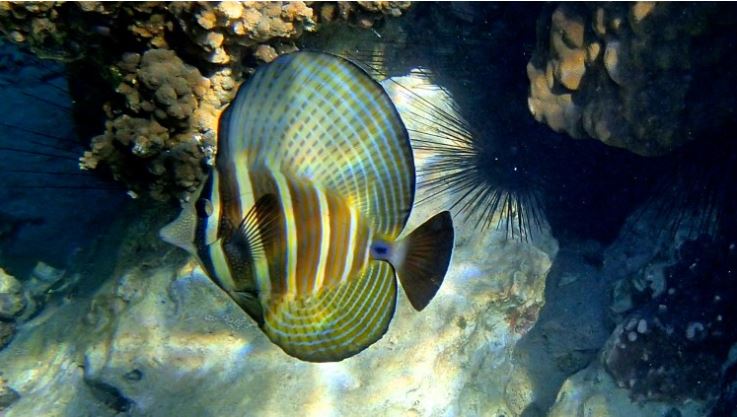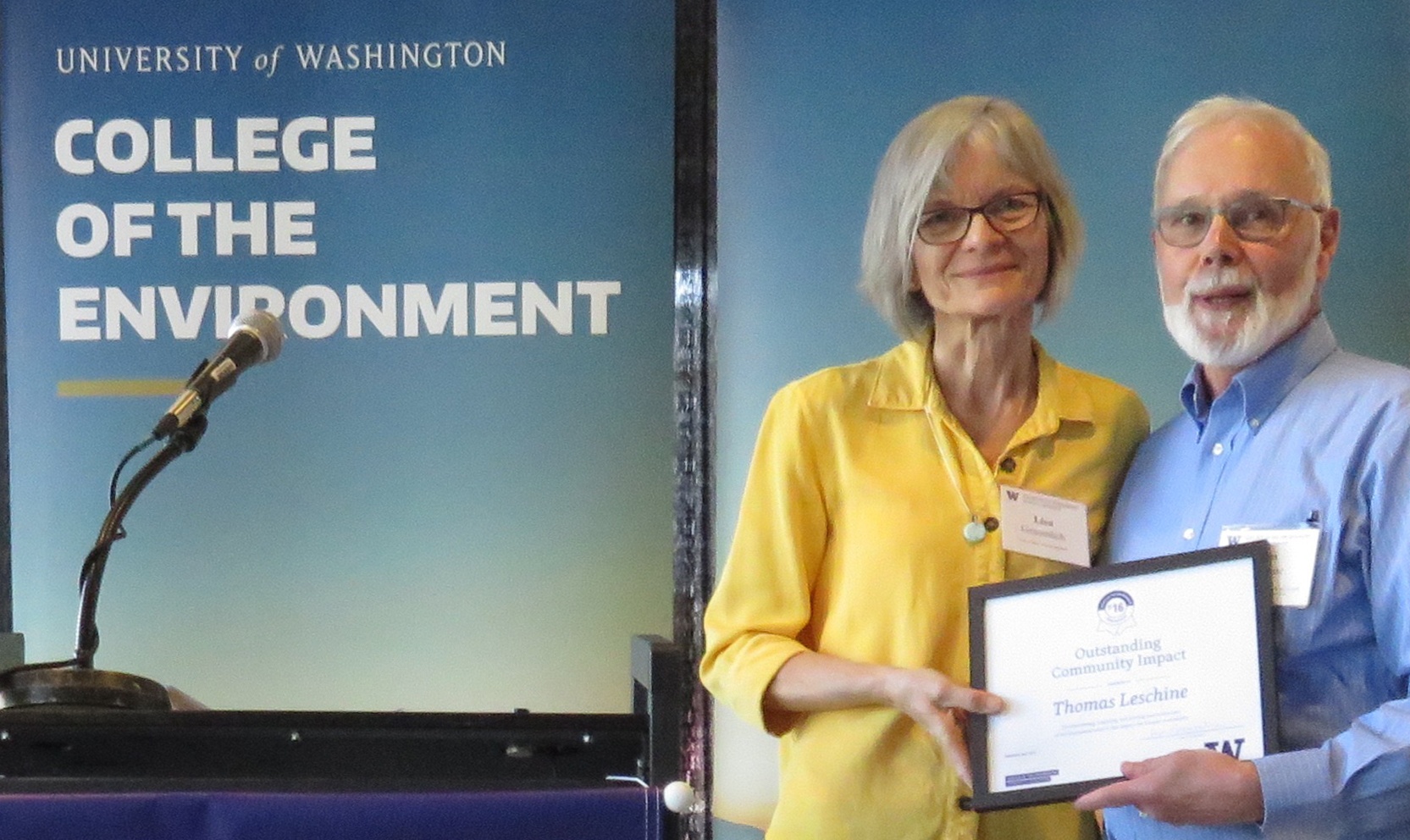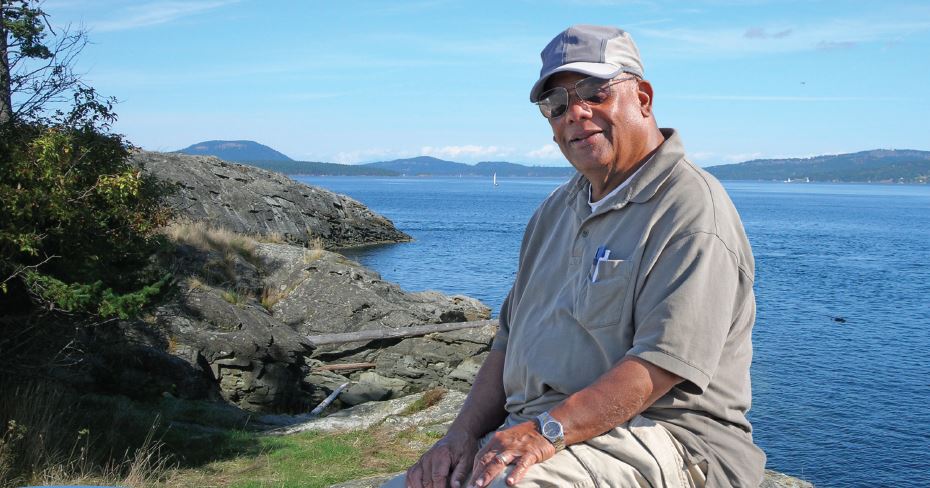
A new kind of environmental activism
SMEA Professor Nives Dolšak, along with UW Professor Aseem Prakash, and SMEA alum Maggie Allen wrote a piece recently featured in The Washington Post’s Monkey Cage blog about the Dakota Access Pipeline (DAPL). The posting discusses how the the federal government’s decision to temporarily block construction of the DAPL, the pipeline that was supposed to carry 570,000 barrels of crude oil per day from the Dakotas to Illinois, is the result of a new kind of environmental activism that treats energy pipelines as a chokepoint for activities that contribute to global warming, and builds alliances with other groups to stop them.
Read more
e DNA Reveals Rich Diversity along Puget Sound Shorelines
Congratulations to SMEA Assistant Professor Ryan Kelly, the lead author of the recently published paper “Genetic signatures of ecological diversity along an urbanization gradient.” Kelly and his co-authors, which include SMEA Post-doc Jimmy O’Donnell and SMEA Alum Natalie Lowell, used environmental DNA — or eDNA, and found that urban Puget Sound shorelines support a denser array of animals than in remote areas.
Read more
Bright spots among the world’s coral reefs makes cover of Nature
Congratulations to Professor Eddie Allison and his co-authors who scored the cover of Nature with their article ‘Bright spots among the world’s coral reefs‘. The article was originally published in June and the study is one of the largest global studies of its kind. Nearly 40 scientists from 34 different universities and conservation groups conducted the research. Professor Allison reviewed more than 6,000 reef surveys in 46 countries across the globe, and discovered 15 bright spots — places where, against all odds, there were a lot more fish on coral reefs than expected.
Read more
Reef futures and falling fish catches: Allison’s latest articles published in Nature
Professor Eddie Allison was a co-author on two articles published today in Nature. The article ‘Bright spots among the world’s coral reefs‘ is one of the largest global studies of its kind. Nearly 40 scientists from 34 different universities and conservation groups conducted the research. Professor Allison reviewed more than 6,000 reef surveys in 46 countries across the globe, and discovered 15 bright spots — places where, against all odds, there were a lot more fish on coral reefs than expected.
Read moreWhat’s in our water? From e DNA to pollution: recent articles featuring SMEA faculty
Assistant Professor Ryan Kelly and Professor Nives Dolšak were both recently featured in articles discussing water and the valuable, as well as harmful things it can contain.
An article published in The Mercury News took a look at eDNA as a new tool for marine biologists. As the article explains, Professor Kelly and other scientists took stock of the marine mammals and fish in Monterey Bay in a study designed to show how eDNA stacks up against traditional dive surveys.
Investments in energy efficiency and clean technologies, and Salmon Influences on Tribal Well-Being: The latest publications from SMEA
Congratulations to Professor Nives Dolšak and SMEA Alum Sophia Amberson on their latest publications!
Dolšak’s paper titled “Factors impacting investments in energy efficiency and clean technologies: Empirical evidence from Slovenian manufacturing firms” examines factors impacting firms’ decisions to invest in energy efficiency and clean technologies. Based on the paper’s findings, it can be concluded that the energy efficiency gap is less likely to exist in large and well-performing firms, implying that policy measures should primarily target less energy intensive, small and medium-sized enterprises.

Freeman’s thesis published in Marine Policy
SMEA alum Mikaela Freeman’s newly published thesis ‘Assessing potential spatial and temporal conflicts in Washington’s marine waters’ is now out in Marine Policy. Applying spatial analysis to current ocean uses in Washington to highlight areas of high- and low- potential conflict offshore, as well as learning GIS along the way, Mikaela looked at the ongoing process of marine spatial planning. The study represents a first step towards quantifying potential conflicts within Washington’s Marine Spatial Planning (MSP) study area by using a cumulative analysis to highlight high- and low-use intensity areas and the novel Marine Potential Conflict Index (MPCI), which incorporates space, time, and intensity of use, to quantify pairwise potential conflicts between uses.
Read more
Leschine Wins College of the Environment Outstanding Community Impact Award
Professor Tom Leschine was recognized by the College of the Environment for his Outstanding Community Impact. The award recognizes individuals who through stakeholder engagement inspire, and drives interactive uses of environmental science and information to impact the broader community. Tom’s efforts to advance environmental quality at a national level and in Washington state were just some of the examples cited during the college’s award ceremony.
Read more
Tributes to Ed Miles – Scholar, Humanitarian, Teacher, Friend and Mentor 1939-2016
From a former student
Professor Miles’s (“Ed” as he encouraged his students to call him) first words of advice to our IMS 500 class were less than inspiring. “Study ocean policy because you find it interesting in and of itself, not to change the world.” It was 1978, a few short years after the first Earth Day. I was at IMS to learn how to save the world, at least the watery portion of it; Ed’s admonition seemed too cautious, maybe even cynical.

Klinger part of scientific panel urging action against ocean acidification
SMEA Director and Professor Terrie Klinger and her colleagues on the West Coast Ocean Acidification and Hypoxia (OAH) Science Panel released a comprehensive report April 4 that states ocean acidification and the related problem of hypoxia, or low oxygen levels under water, “will have severe environmental, ecological and economic consequences for the West Coast”. As reported on KUOW, the panel called for reducing pollutants that drain into water bodies like Puget Sound from surrounding cities and farms.
Read more